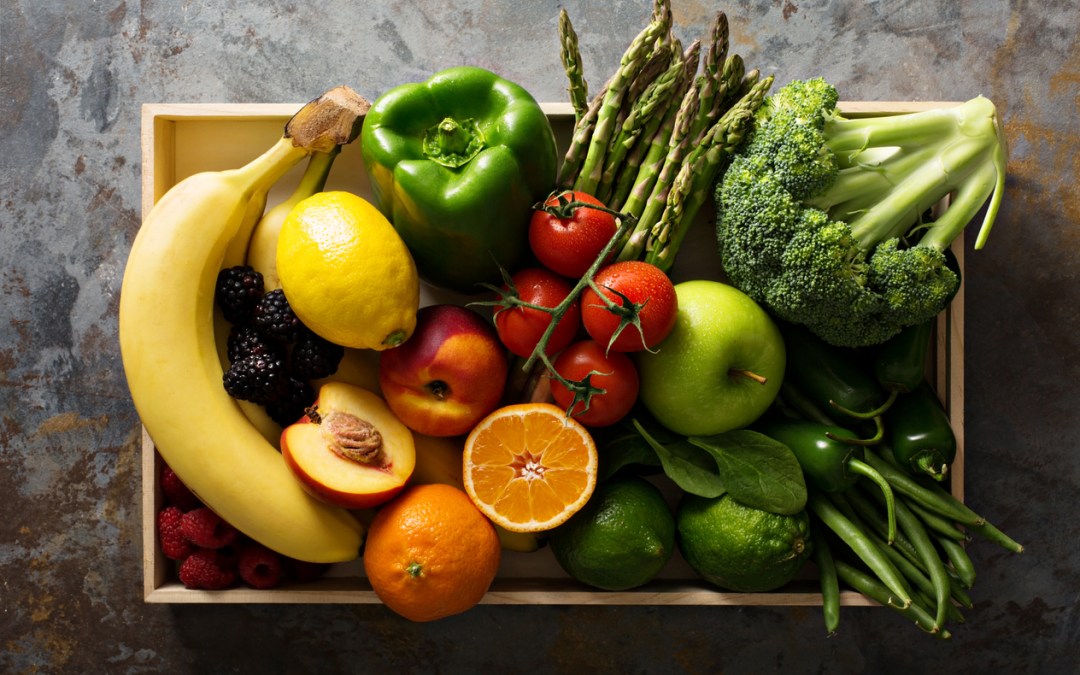Want to improve your health? It’d be wise to listen to your gut.
Your microbiome, the balance of trillions of microorganisms in your digestive tract, is essential to overall function and wellbeing. A healthy gut is linked to a healthy heart, weight control, minimizing the impact of allergies and asthma, and a host of other benefits.
How do you protect this delicate and incredibly important environment?
Here are 5 lifestyle actions you can make today to help support a healthy microbiome.
1. Eat more fiber
Good fiber consumption feeds your gut bacteria and helps them thrive. Experts suggest shooting for at least 25 grams per day for women, 38 for men. Fiber can contribute to reduced risks of major health problems including cancer and obesity. To get the fiber you need, limit processed foods and opt for whole grains, fruits and vegetables, and legumes. Along with water and other healthy food choices, fiber helps you feel full and keeps your digestive tract healthy, which is needed for weight control and immune system health.
2. Take a probiotic, eat fermented foods
Probiotics are often referred to as the “good bacteria” in your gut. The two common groups of these healthy bacteria are Lactobacillus and Bifidobacterium. Some research points to reduced gut inflammation when people take a probiotic supplement. You can also get probiotics naturally by consuming fermented foods such as kefir, kombucha, sauerkraut, and tempeh.
3. Avoid foods that are bad for the gut
General guidelines for a positive microbiome diet include avoiding certain foods that may harm the gut. Those can include trans and hydrogenated fats, sugar, and high-fructose corn syrup. (Fortunately, you can avoid a lot of these ingredients just by skipping processed foods!) You should also monitor your intake of eggs and dairy, yeast, and foods with gluten.
4. Start a ‘good’ foods list
Just as you should avoid processed foods, there are also great gut-friendly foods you’ll want to eat. Wild salmon and grass-fed meat, along with non-starchy fruits and vegetables such as carrots, garlic, asparagus, apples, oranges, nectarines, cherries and kiwi, all promote a healthy microbiome. Nuts, seeds, olive oil and certain herbs and spices are also welcome with a microbiome-healthy diet.
5. Avoid, or stop, smoking
Smoking is tied to numerous health concerns, including cancer, and even second-hand smoke can have negative effects on the gut, too. Some research suggests smoking can increase the colonization of pathogenic bacteria in the microbiome. If you smoke, reach out to a smoking cessation program and make quitting a top priority, not just for your gut, but for many other health reasons as well.
Before making significant lifestyle changes to improve gut health, it’s important to consult with a medical professional. Working with a physician is the best way to help assure you are making the right decisions that take into account your unique health circumstances and needs.

